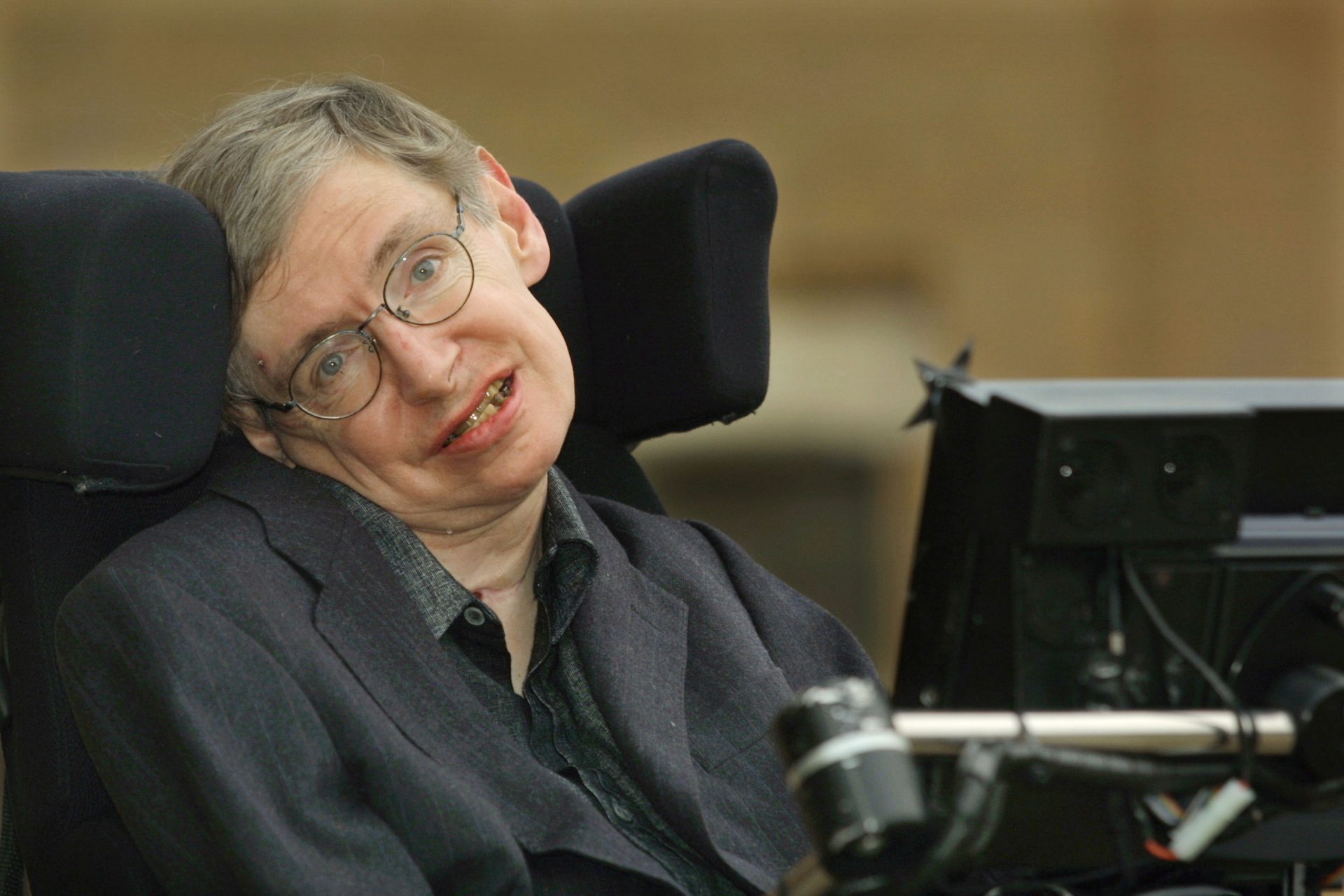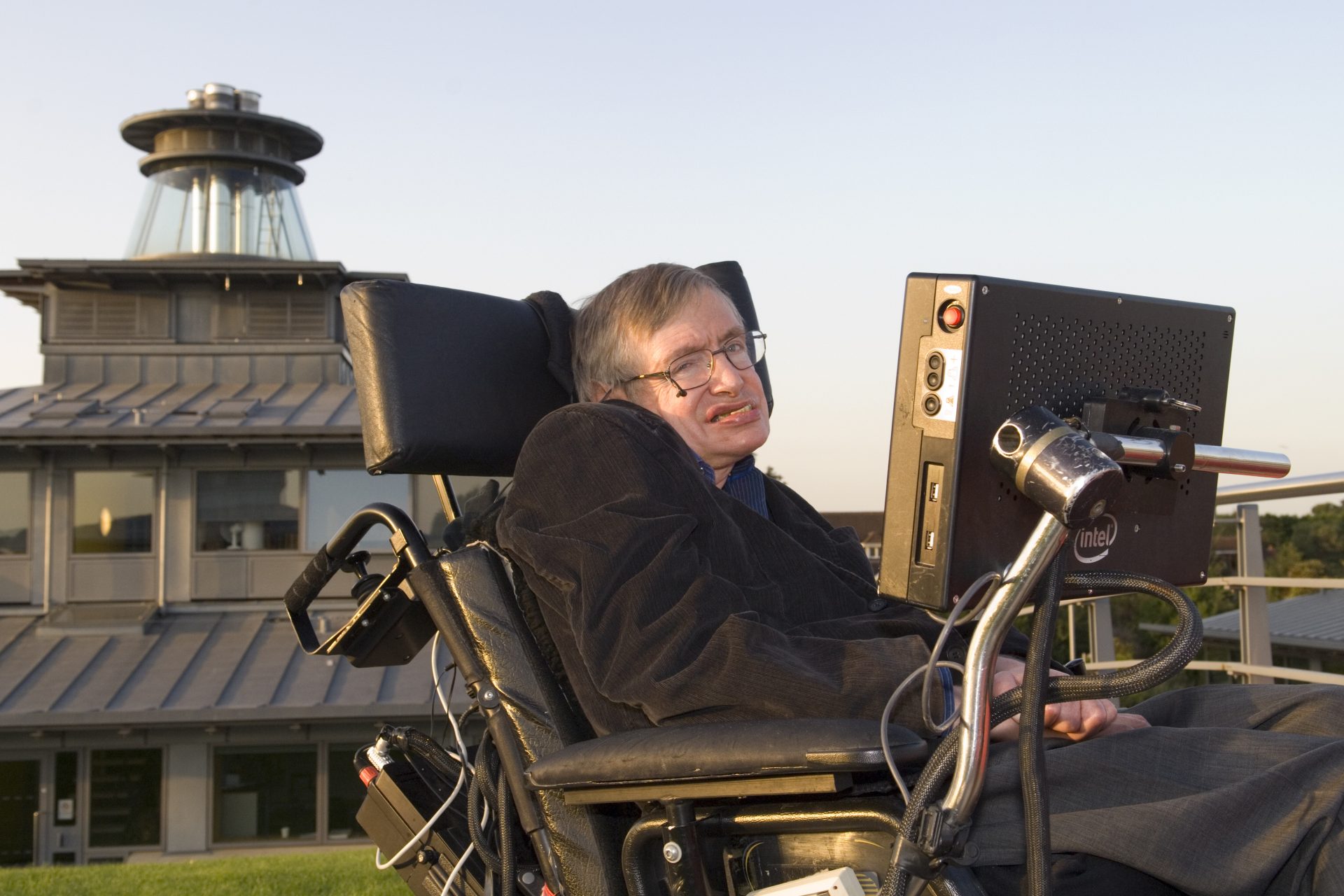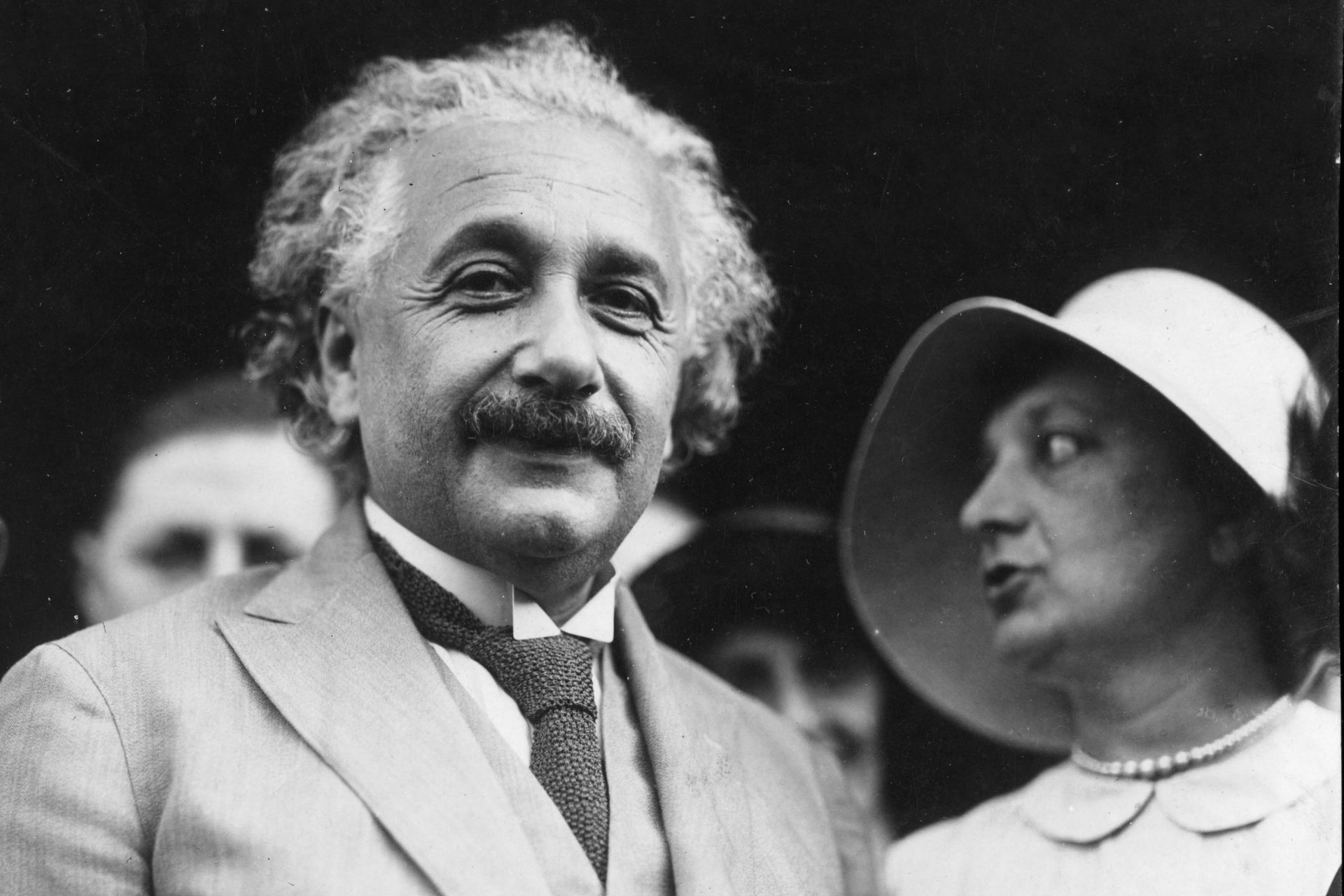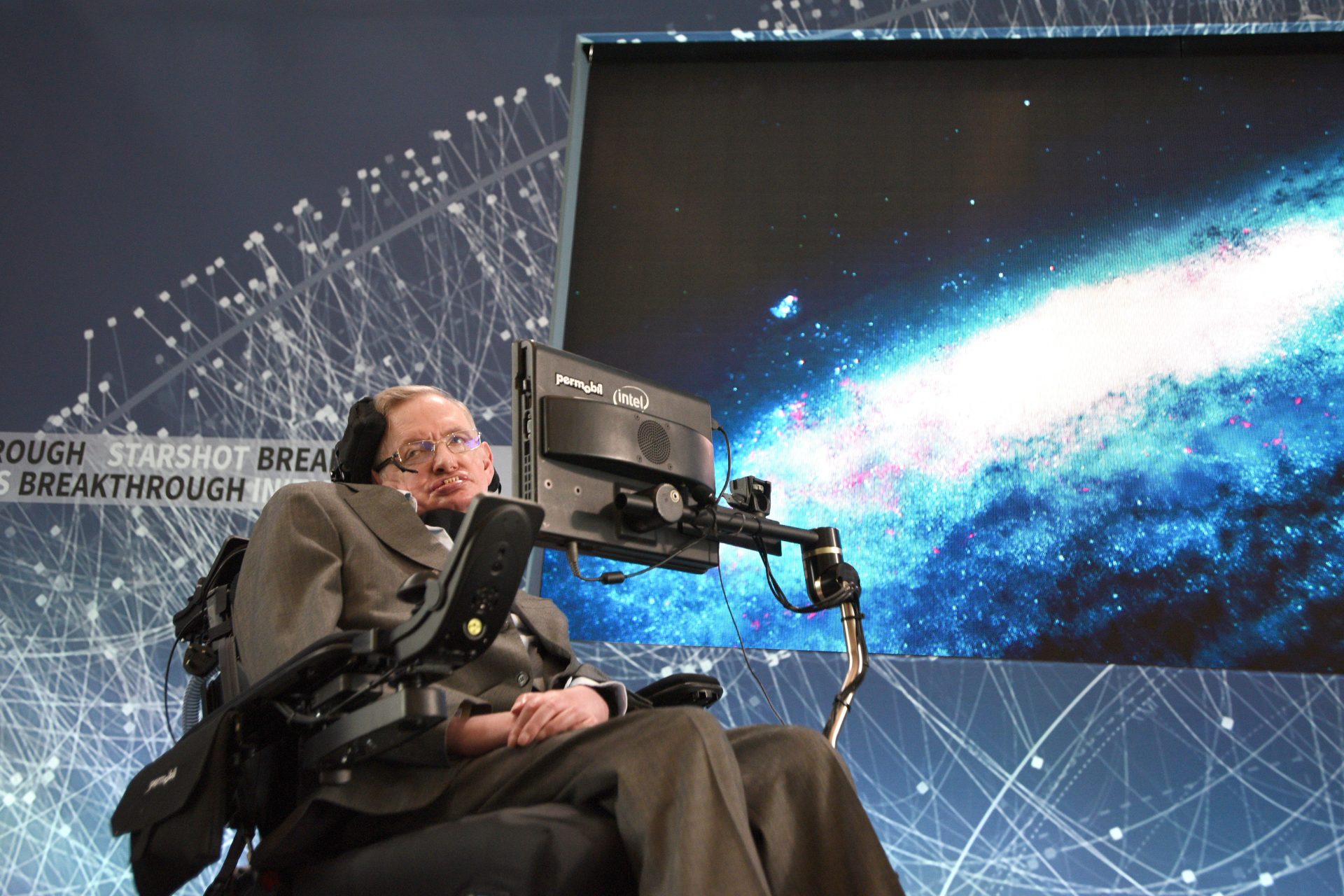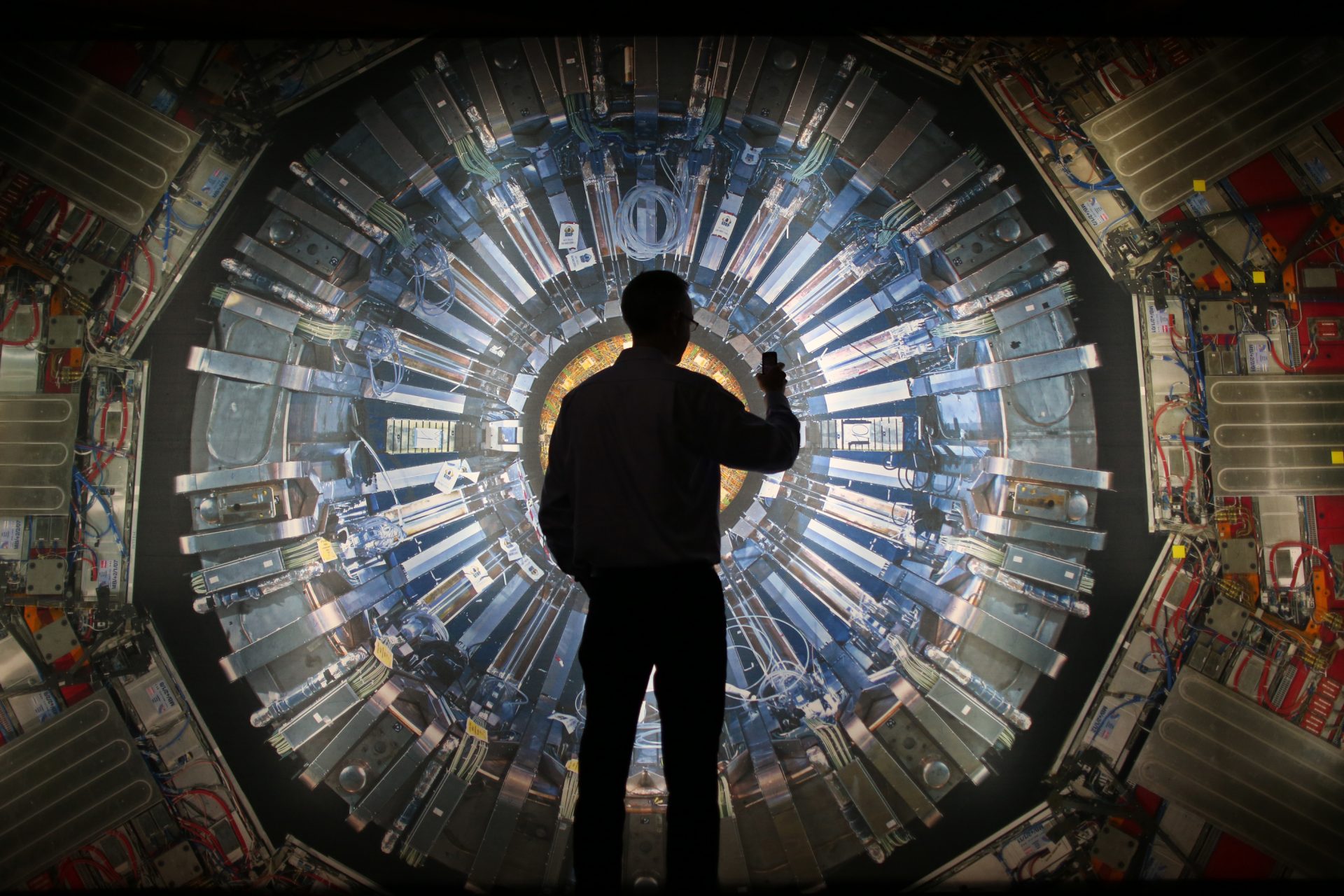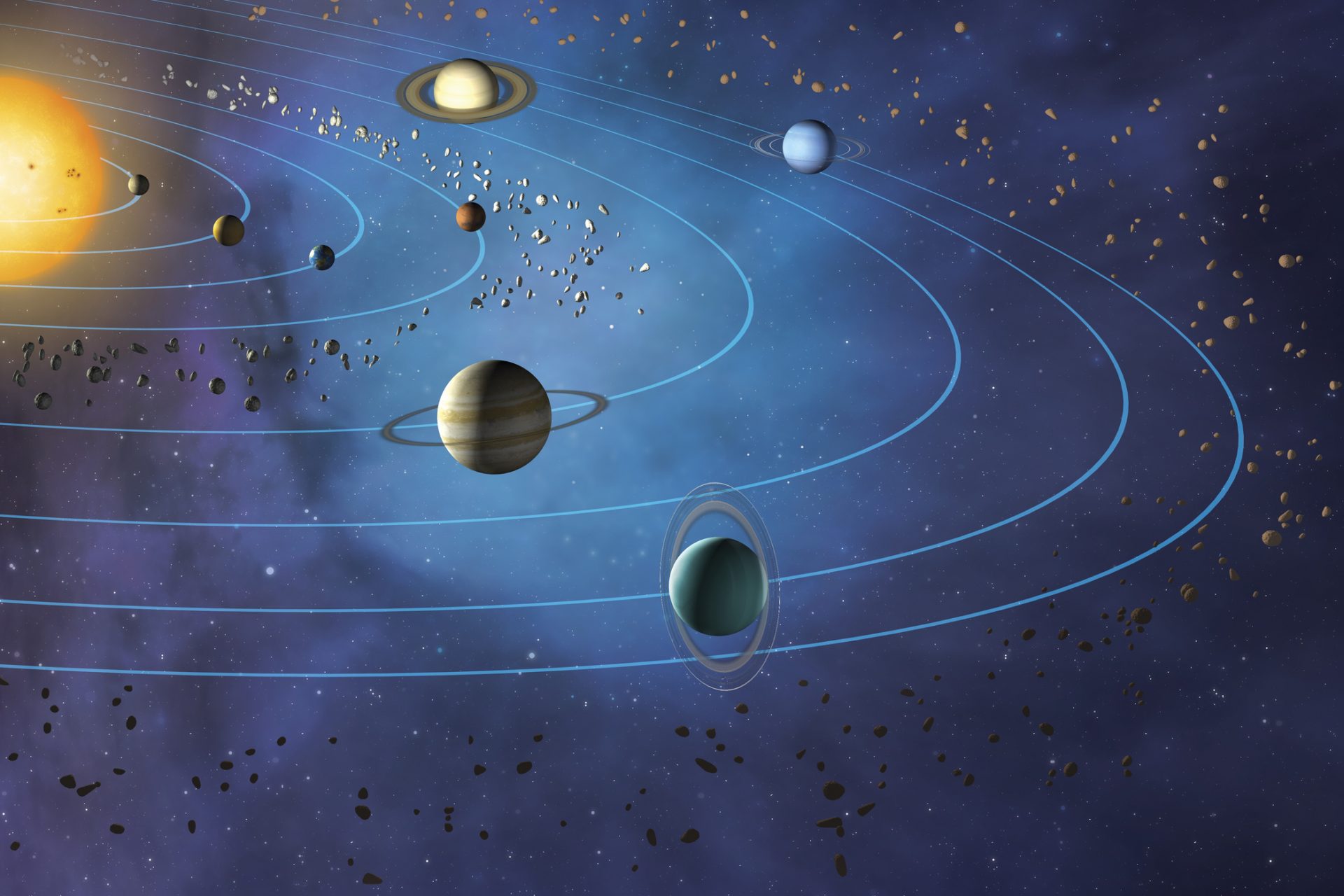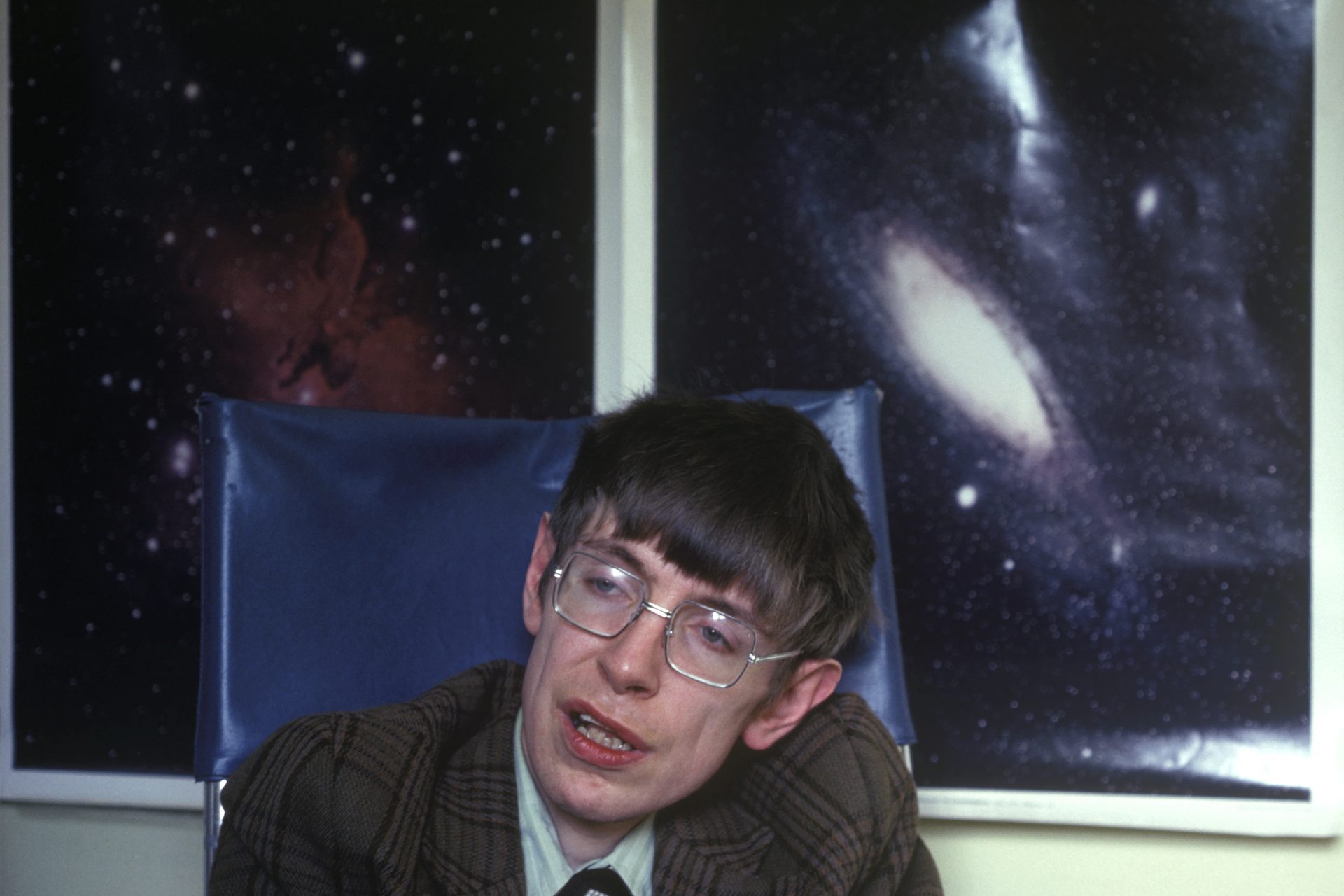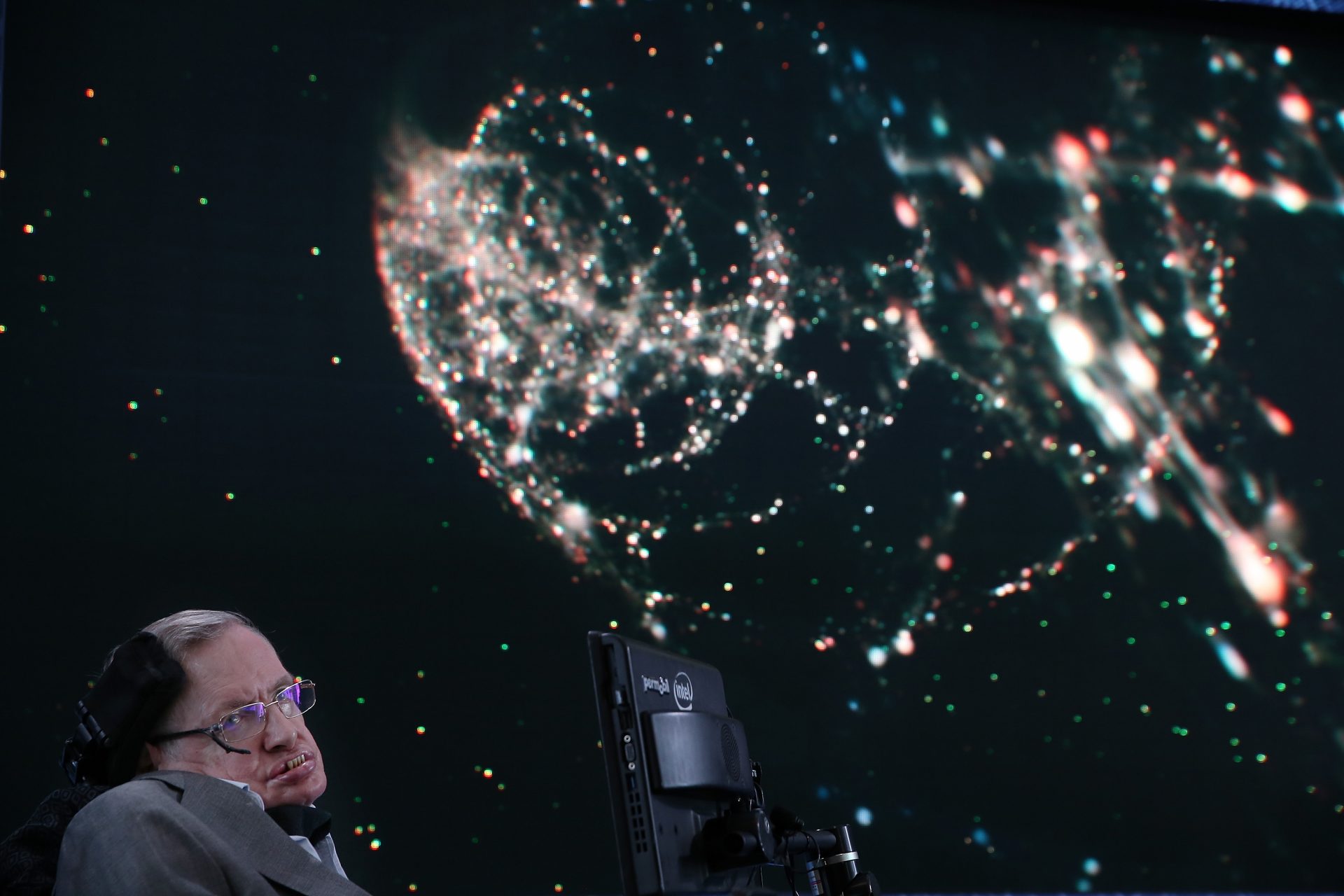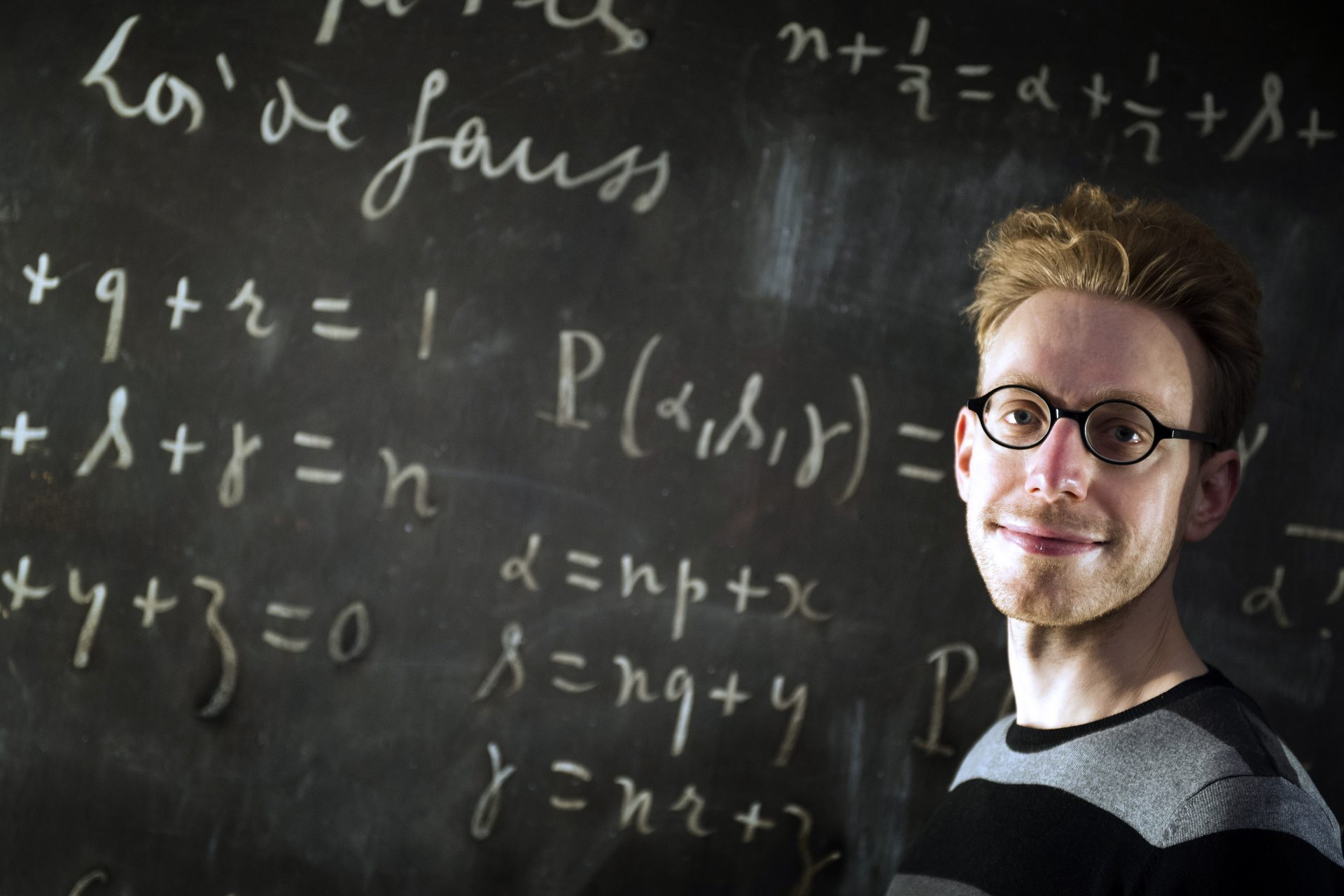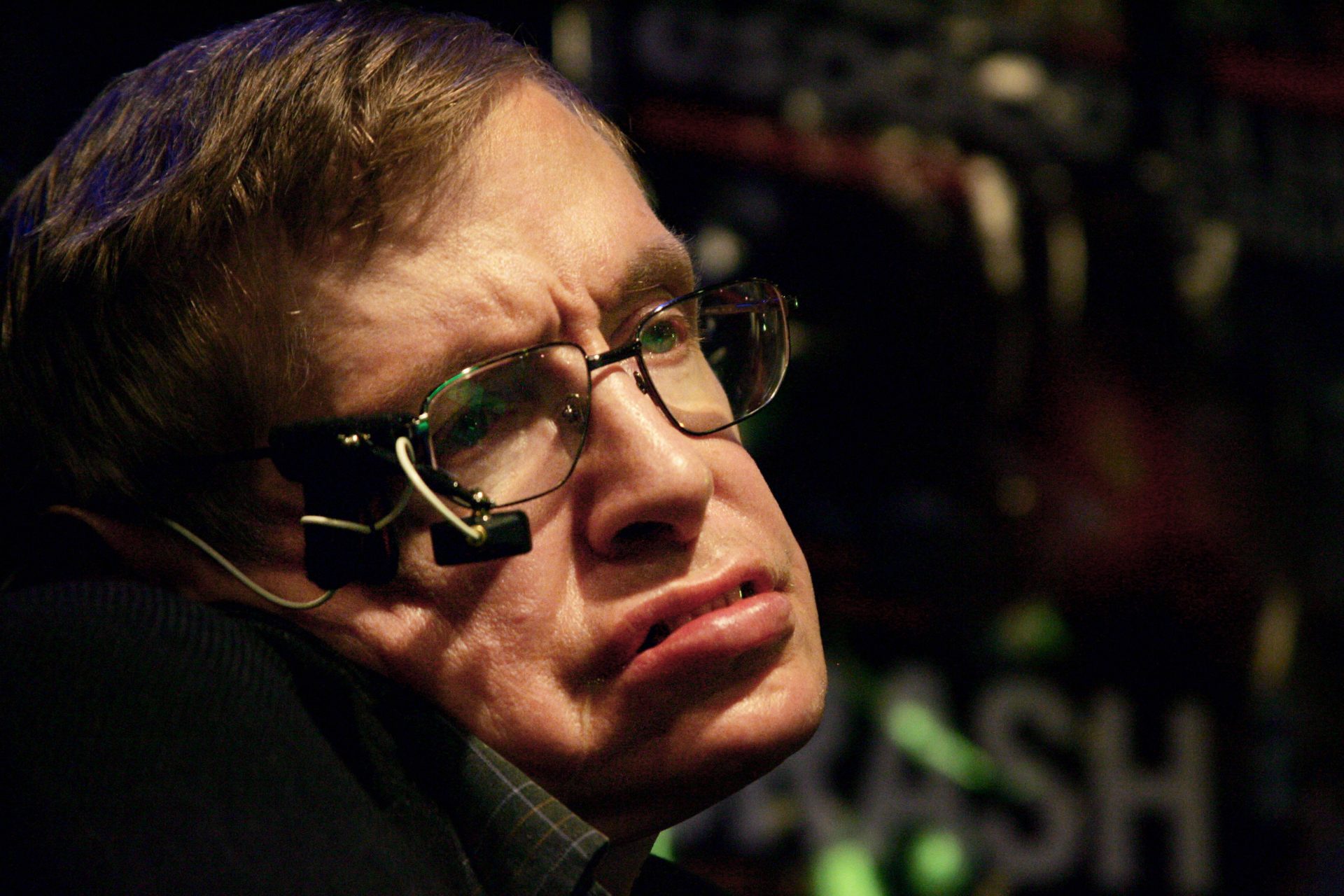Stephen Hawking's theory on the universe's beginning and end
Stephen Hawking stood as a paramount figure among contemporary scientists, pivotal in crafting theories that unveil the mysteries of the cosmos while ardently advocating for the democratization of scientific knowledge.
He suffered from a degenerative motor disease called amyotrophic lateral sclerosis, which left him confined to a wheelchair and unable to speak naturally. For years, he used a speech synthesizer to communicate.
Hawking died in 2018 at the age of 76 from complications of the disease he was diagnosed with at age 22. However, the contribution of his theories will remain in science for many decades to come.
To answer fundamental questions about the universe, Hawking used Albert Einstein's general theory of relativity as a basis.
From this, Hawking concluded that the universe had a beginning in the past. The Hawking-Penrose singularity theorem states that the origin of space-time began with the Big Bang.
As the BBC reports, using Einstein's theories and experiments carried out at the European Council for Nuclear Research, which can recreate the conditions of the early universe, it has been proven that at a certain point in the past, space-time disappears: this would be precisely the origin of everything!
One of Hawking's key collaborators, Thomas Hertog, told the Brazilian newspaper "El Mundo" that the origin of the universe can be understood through science alone, without the need for a God.
To clarify the question, Hertog quoted physicist Georges Lemaitre: "Instead of invoking a creator as the cause of the Big Bang, Lemaitre left the mystery open. He said: 'It is possible that in discovering the Big Bang we have found something that has no cause.'"
Now the question is where it all ends. According to Hawking, the answer lies in black holes, a place where space-time disappears.
These areas of space are subject to gravitational forces so strong that nothing can escape them, not even light. It's like the Big Bang in reverse.
According to the Hartle-Hawking conjecture, scientists postulated that the universe was finite but had moving and unlimited boundaries.
British mathematician Roger Penrose told the BBC: "While other researchers struggled to describe a brief moment in the life of a molecule using quantum laws, Hawking (along with physicist James Hartle) showed that it was possible to capture the history of the entire universe in a single mathematical equation."
The last theory that Hawking developed in collaboration with Hertog shortly before his death (2018) was influenced by biology. It proposed a universe in constant evolution, where the fundamental laws are not fixed but constantly changing.
Regarding the finiteness of the universe, Hertog told National Geopraphic: "In our [Hawkings and Hertog's] theory, the universe evolves in time, emerging from a timeless state in the Big Bang."
By eliminating the concept of time in this extensive mathematical model, which is intended to explain the physical conditions during the formation of the universe, it becomes simpler. According to Hertog, it would be possible to prove or disprove the theory in a tangible future, reports National Geographic.
Despite the complexity of the topics he explored, Hawking was genuinely concerned that his cosmology reach the general public. His book "A Brief History of Time" has sold more than 10 million copies, the BBC reports.
In an interview with the New York Times, he said, "I told my literary agent that I wanted my book on airport bookstalls." For many, Hawking's great genius was that he had a comprehensive overview of various areas of physics, such as cosmology, quantum physics and gravity.
More for you
Top Stories



